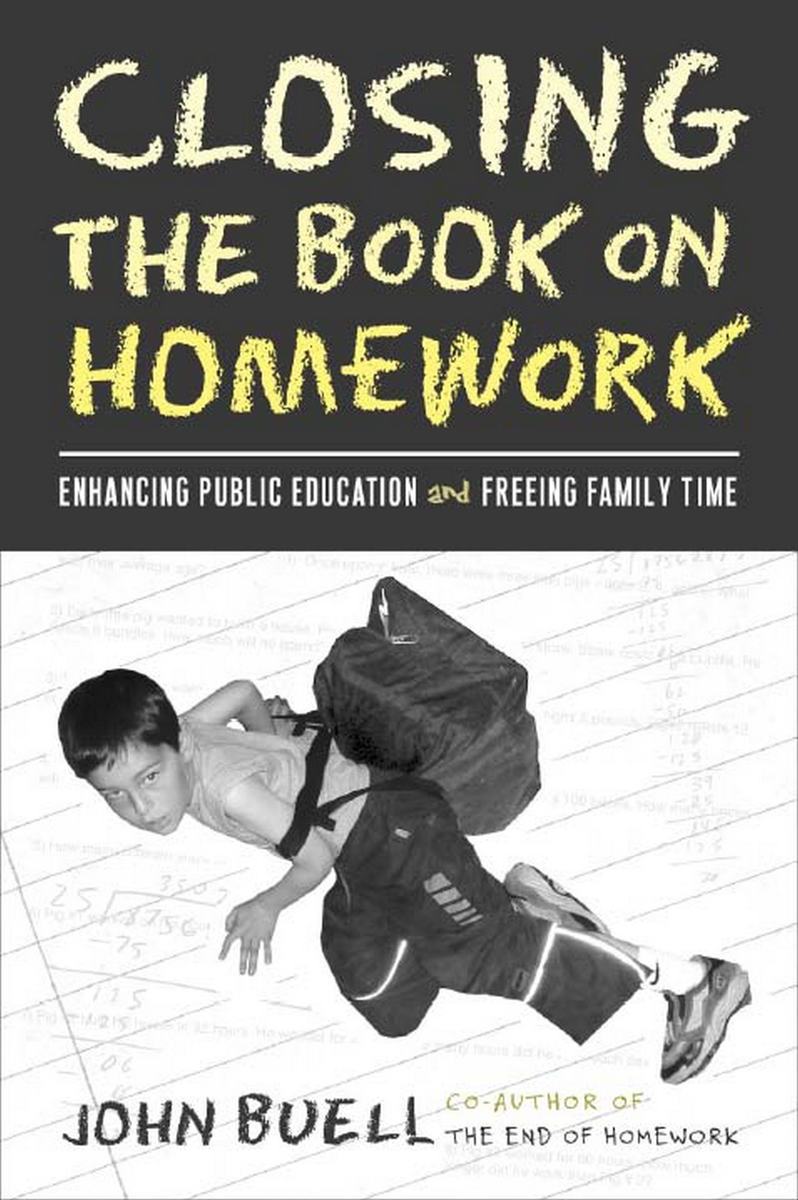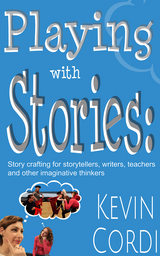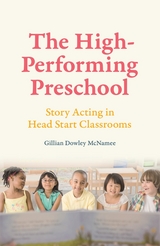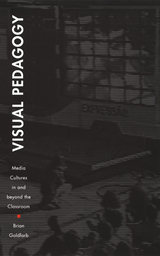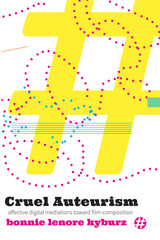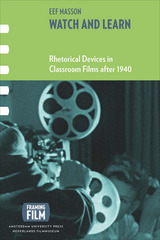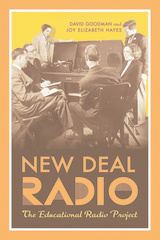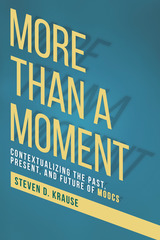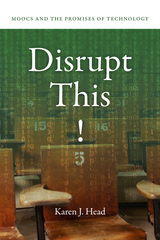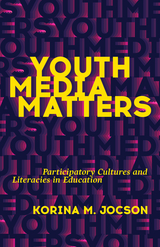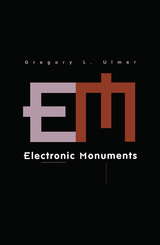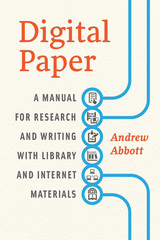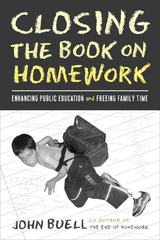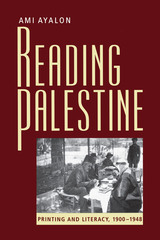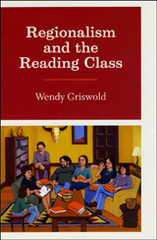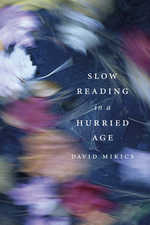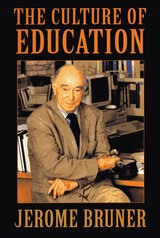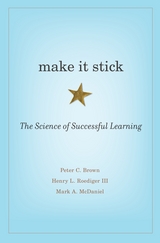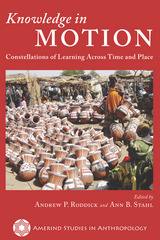Closing The Book On Homework: Enhancing Public Education
Temple University Press, 2003
Paper: 978-1-59213-218-8 | eISBN: 978-1-59213-768-8 | Cloth: 978-1-59213-217-1
Library of Congress Classification LB1048.B84 2004
Dewey Decimal Classification 371.30281
Paper: 978-1-59213-218-8 | eISBN: 978-1-59213-768-8 | Cloth: 978-1-59213-217-1
Library of Congress Classification LB1048.B84 2004
Dewey Decimal Classification 371.30281
ABOUT THIS BOOK | AUTHOR BIOGRAPHY | REVIEWS | TOC | REQUEST ACCESSIBLE FILE
ABOUT THIS BOOK
In this, the sequel to his critically acclaimed and controversial The End of Homework, John Buell extends his case against homework. Arguing that homework robs children—and parents—of unstructured time for play and intellectual and emotional development, Closing the Book on Homework offers a convincing case for why homework is an outgrowth of broader cultural anxieties about the sanctity of work itself. After the publication of Buell's previous book, many professional educators portrayed reducing homework as a dangerous idea, while at the same time parents and teachers increasingly raised doubts as to its continued usefulness in education. According to John Buell, the importance of play is culturally underappreciated. Not only grade schoolers, but high school students and adult workers deserve time for the kind of leisure that fosters creativity and sustains a life long interest in learning. Homework is assigned for many reasons, many having little to do with learning, including an accepted, if unchallenged, belief that it fosters good work habits for children's futures. As John Buell argues convincingly, homework does more to obstruct the growth of children's minds, and consumes the time of parents and children who may otherwise develop relationships that foster true growth and learning. A unique book that is sure to fuel the growing debate on school reform, Closing the Book on Homework offers a roadmap for learning that will benefit the wellbeing of children, parents, and teachers alike.
See other books on: Book | Closing | Educational change | Home and school | Parent participation
See other titles from Temple University Press
